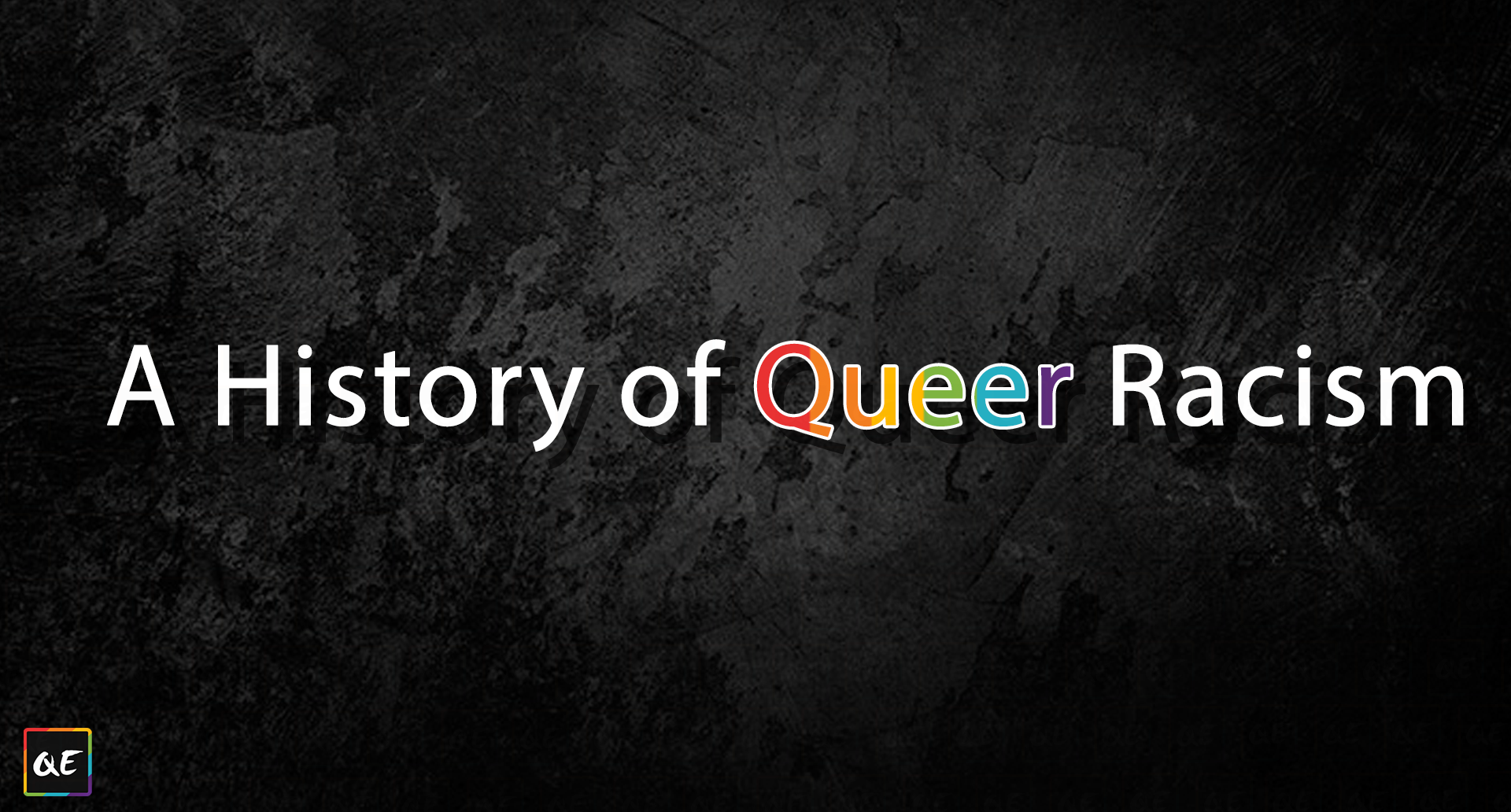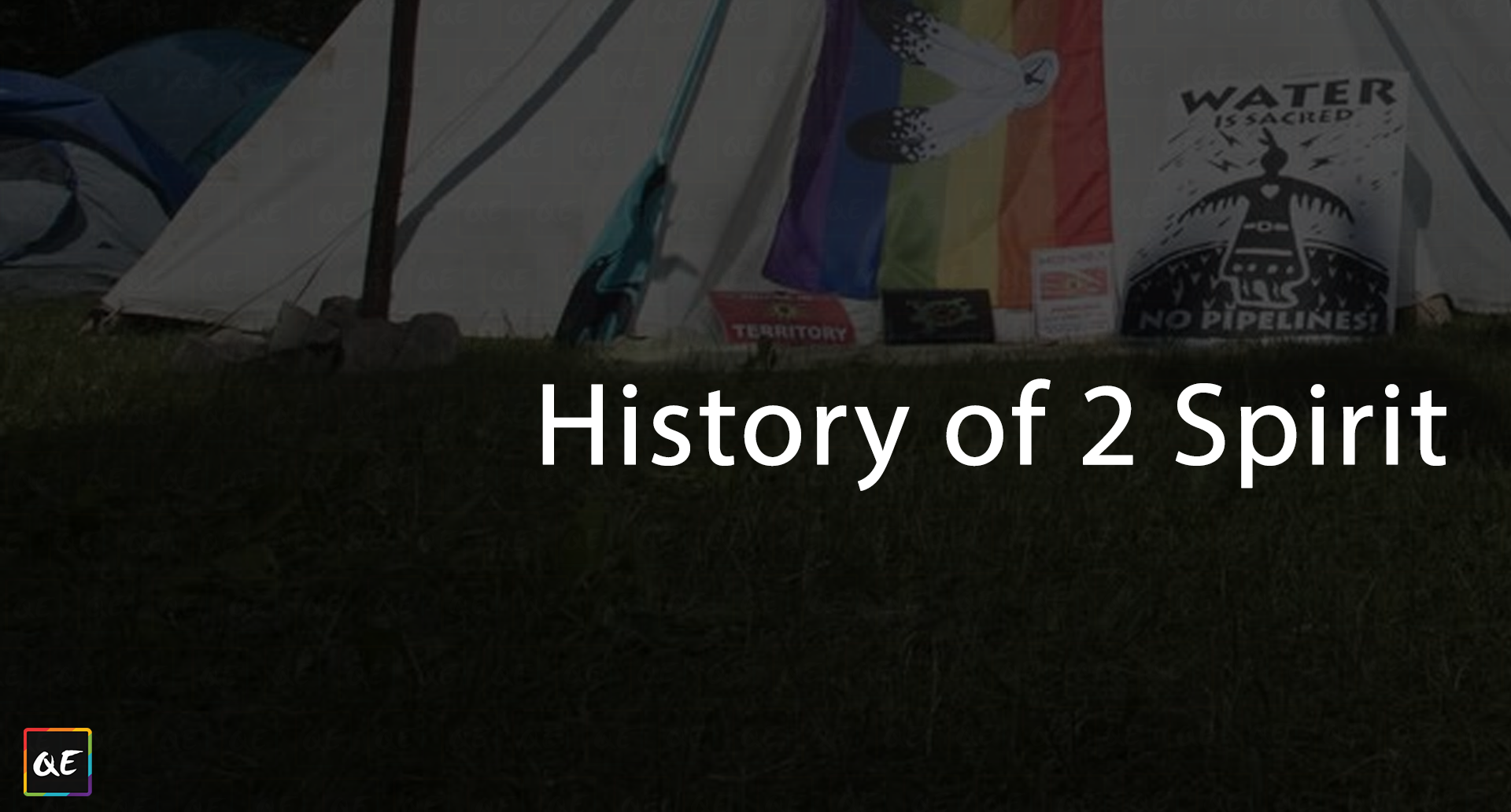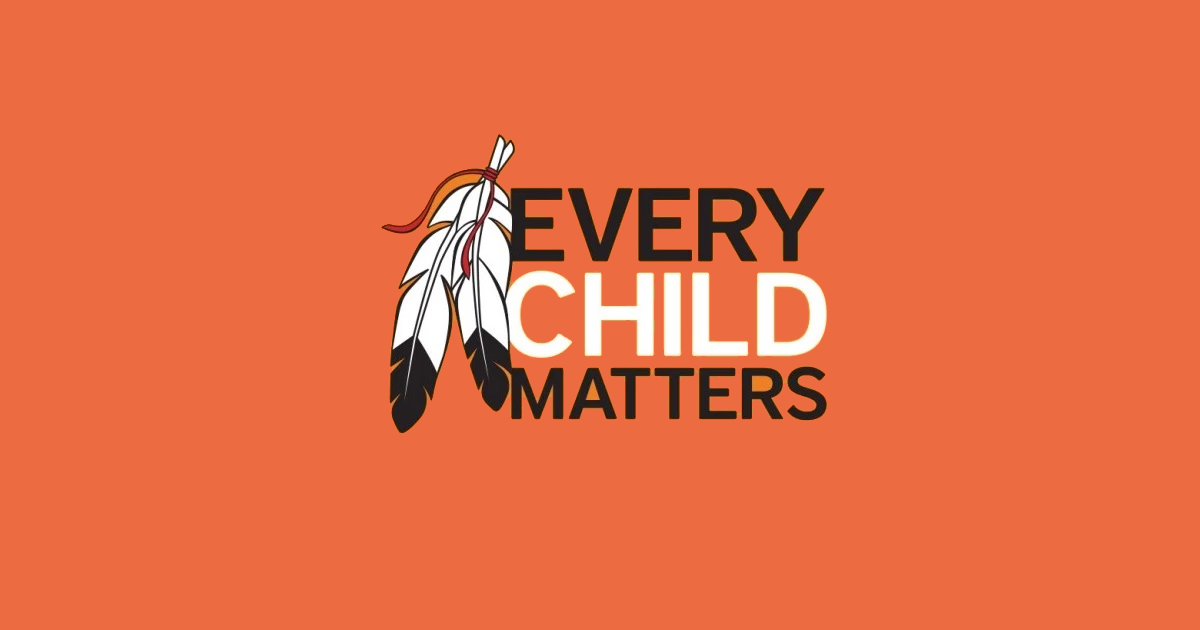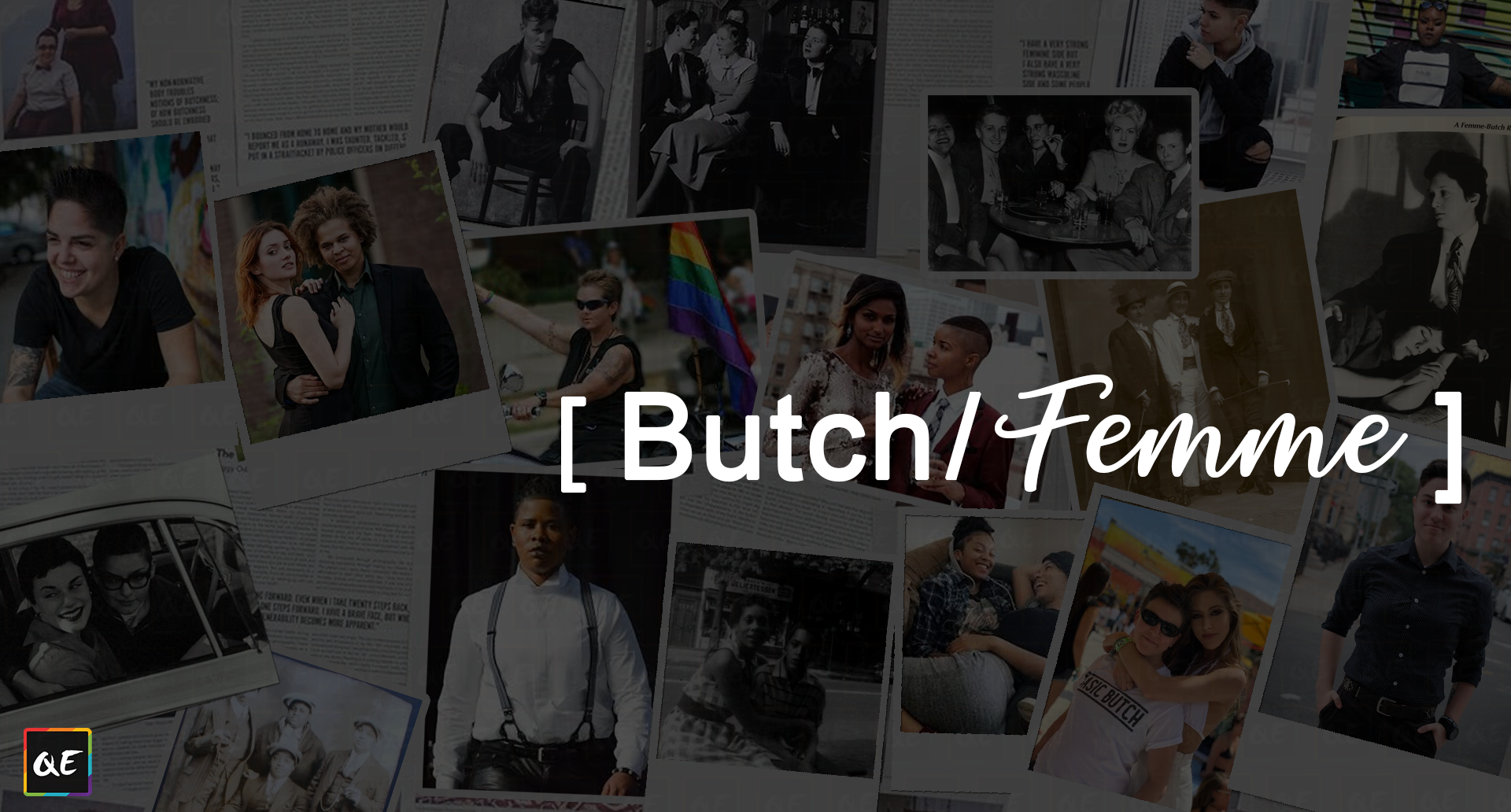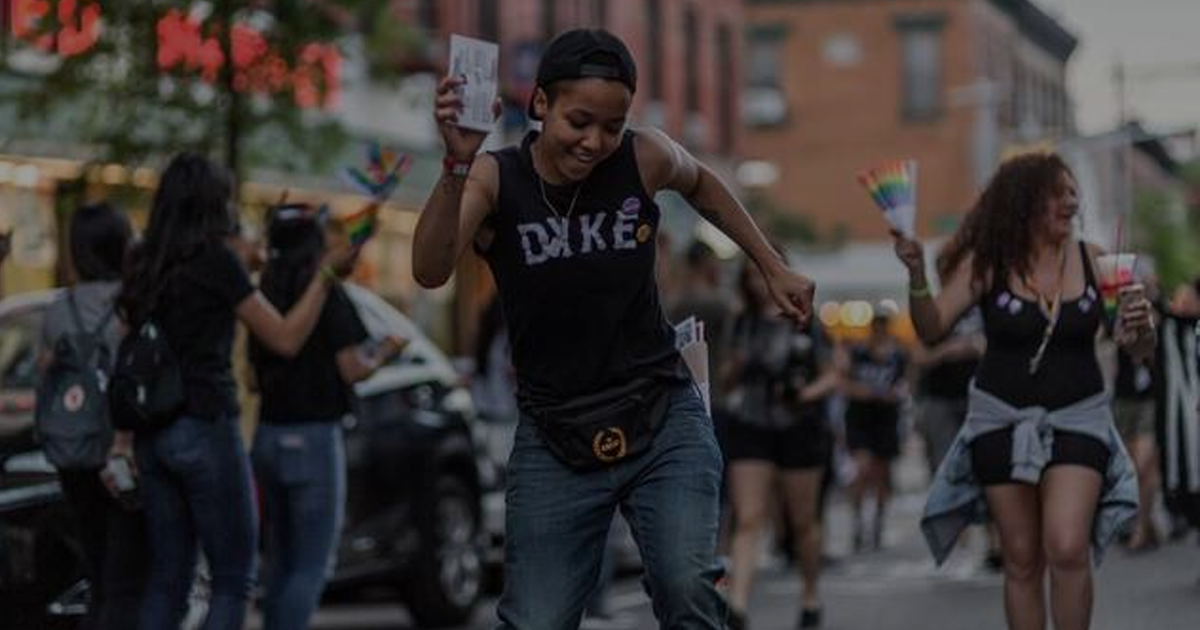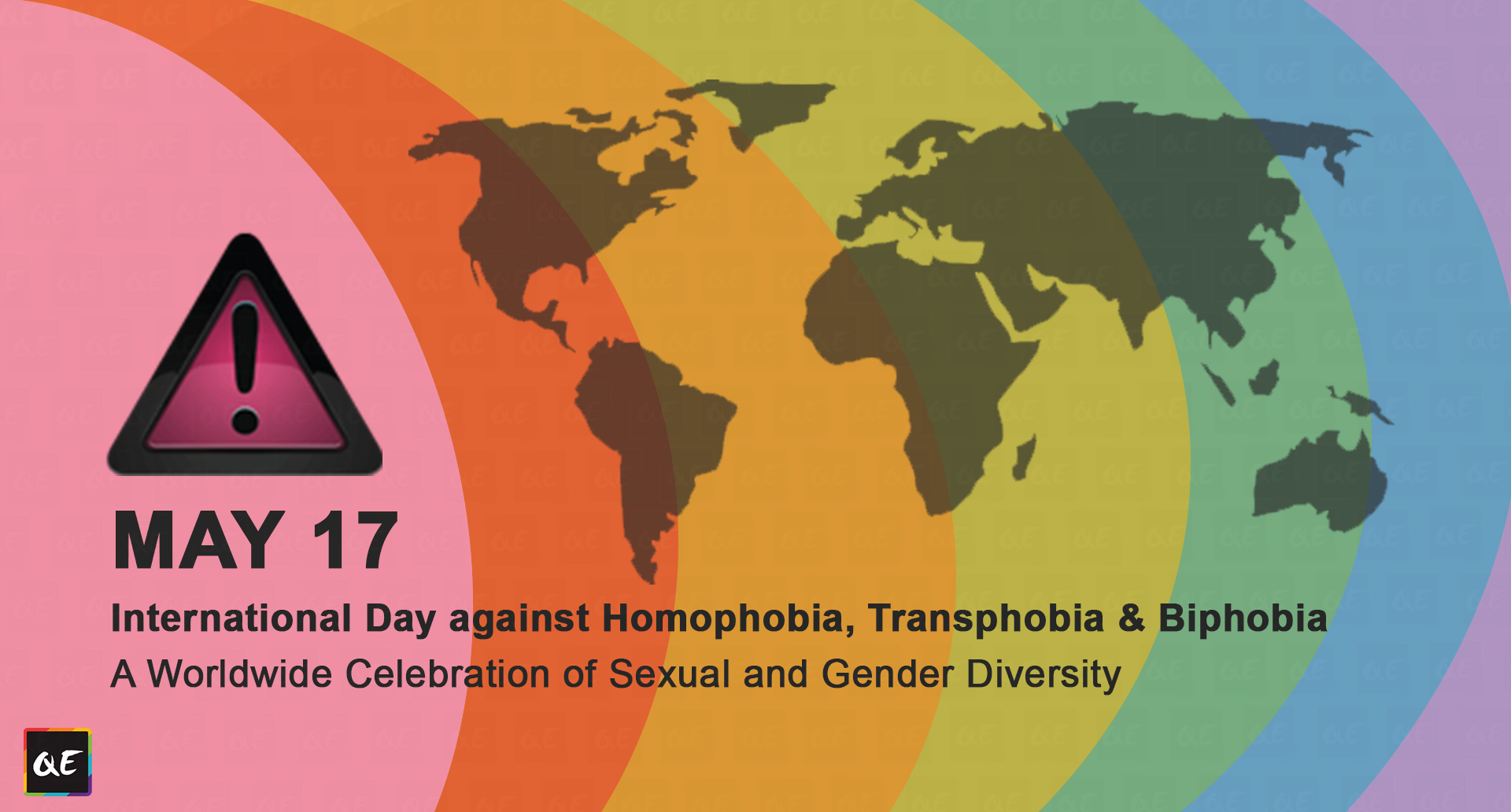
History of May 17th (IDAHOTB)
International Day Against Homophobia, Transphobia & Biphobia
May 7, 2021With hundreds of events registered across the world, the International Day Against Homophobia, Transphobia and Biphobia has become an essential moment in the global advocacy for sexual and gender minorities. We are reminded every year that May 17 is a symbolic date for sexual and gender-diverse communities. But how much do you know about the date and the history behind it?
What does IDAHOT mean?
You may be confused by the multiple different acronyms you see in posts about this day: from IDAHO, IDAHOT, IDAHOBT or IDAHOBIT - so which one to use?
In 2005 at its inception, May 17 was first known as the “International Day against Homophobia” or IDAHO. In 2009 however, Transphobia was added explicitly in the title of the name, in recognition of the very different issues at stake between sexual orientation and gender expression. “IDAHOT” became the popular acronym used alongside the initial one. In 2015, biphobia was added to the title, to acknowledge the specific issues faced by bisexual people - thus IDAHOBT started appearing.
A new acronym, IDAHOBIT, has started to be used by groups in Australia and the UK mostly. The intent is to include the Intersex community in the day however the official organizing committee for IDAHOT released a statement in 2021 cautioning that when used, the ‘I’ should be referred to as “intersexphobia” but that the name of the Day currently does not explicitly include Intersexphobia as there is no global consensus among the Intersex communities that this should be included in the remit of May 17.
IDAHOT is currently the most used acronym worldwide for the International Day Against Homophobia, Transphobia and Biphobia. In Canada, both of the acronyms IDAHOT and IDAHOBT are the most commonly used.
The acronym and name of the day is meant to include only one consistency - the tagline of “A global celebration of sexual and gender diversities”. This line was added as a way to address the issue of inclusion and reflection of other diversities, such as Queer, Asexual, Pansexual and regional identities such as Hijras, Weres, Two-Spirit, etc.
May 17 is not considered to be a trademark brand and everyone is encouraged to use the acronym that describes their campaign and focus the best. You may always see inconsistency in acronym usage, depending on region and organization, but May 17 at its core will always be - “a global celebration of sexual and gender diversities”.
History of May 17
In 2003, the Quebec based Fondation Émergence, created a National Day Against Homophobia, which was held on June 1 2003.
In 2004, a year-long campaign began in which individuals as well as organizations such as the International Lesbian and Gay Association (ILGA), the International Gay and Lesbian Human Rights Commission (IGLHRC) and the Coalition of African Lesbians signed a petition to support the "IDAHO initiative". Based on the overwhelming support, this culminated in the first International Day Against Homophobia on May 17, 2005. The IDAHO Organizing Committee was established and the day was launched with its mission to inspire, support, and document the global mobilisations around May 17.
The date of May 17 was specifically chosen to commemorate the World Health Organization’s decision in 1990 to declassify homosexuality as a mental disorder. In 2006, Fondation Émergence changed the date of it’s National Day Against Homophobia from June 1 to align with the global celebration on May 17.
This day represents an annual landmark to draw the attention of decision makers, the media, the public, opinion leaders and local authorities to the to the violence and discrimination experienced by LGBTQ+ people internationally. In under a decade, May 17 has established itself the single most important date for LGBTQ+communities to mobilise on a worldwide scale.
May 17 is now celebrated in more than 130 countries, including 37 where same-sex acts are illegal, with 1600 events reported from 1280 organizations in 2014. These mobilisations unite millions of people in support of the recognition of human rights for all, irrespective of sexual orientation or gender identity or expression. While every year a theme is announced by IDAHBT, the International Day Against Homophobia, Transphobia and Biphobia is not considered to be one centralised campaign; but promoted instead as a moment that everyone can take advantage of to take action, on whatever issue and in whatever format that they wish. It is also noted that the themes announced by Fondation Émergence are usually different from those of the global organizing committee.
Why is this day still needed?
Many countries continue to discriminate against the LGBT2Q+ community. We all know that discrimination still exists, but the world continues to change. With greater awareness, and more inclusive education, we can help accelerate the global trend towards not merely ‘tolerating’ or ‘accepting’ our community, but celebrating the diversity that exists in our communities at large.
For more info please see https://may17.org/
Food for Queers
Stay Safe. Not Hungry
Providing support for 2SLGBTQ+ folks experiencing food insecurities within the city of London



